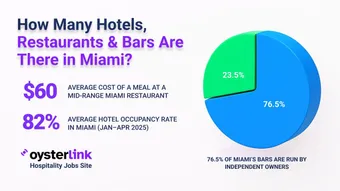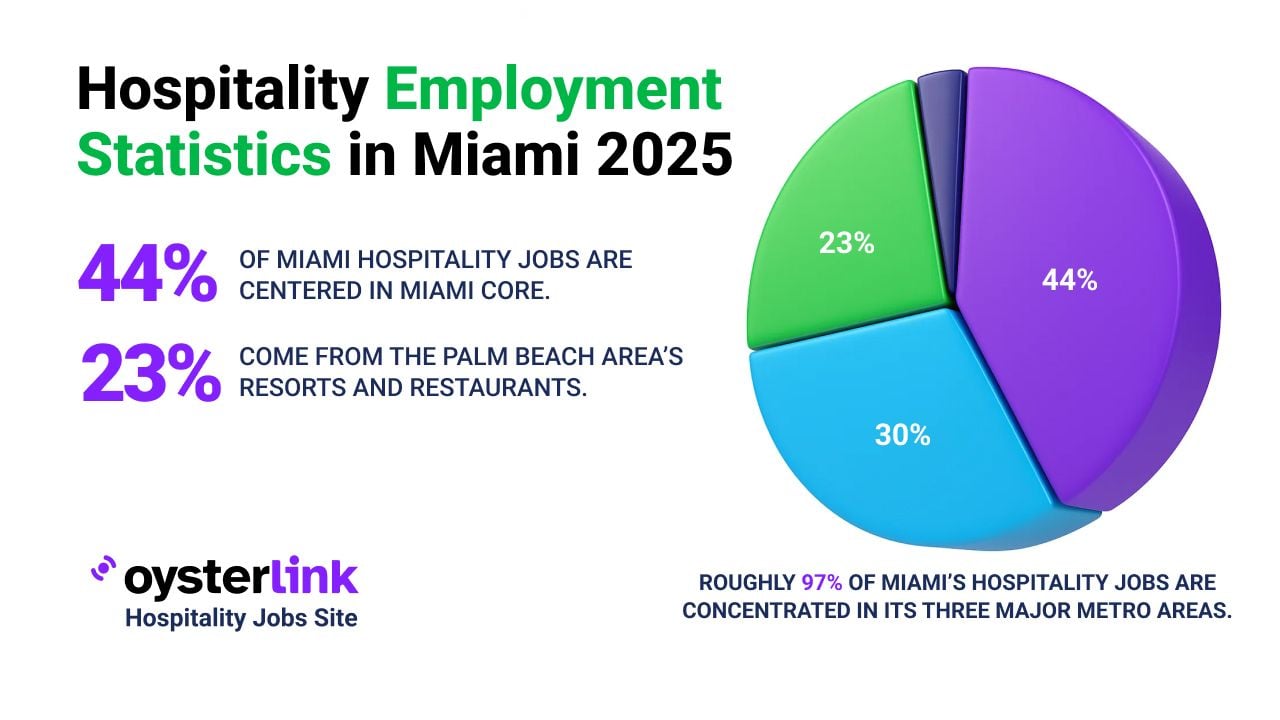Ohio Workers' Compensation and Unemployment Insurance Requirements: Key Takeaways
- All Ohio employers with one or more employees must provide workers' compensation coverage through the Ohio Bureau of Workers' Compensation (BWC).
- Employers pay state and federal unemployment taxes; Ohio’s rates vary, with federal FUTA at 6% on the first $7,000 of wages, reduced by credits.
- Workers qualify for unemployment benefits based on work history and wage requirements but may be disqualified for quitting without cause or misconduct.
This article outlines the mandatory requirements for workers' compensation and unemployment insurance in Ohio, providing employers and employees with key compliance information and additional guidance on job posting compliance.
Understanding these obligations helps safeguard both workers and businesses within the state, especially when considering insurance for restaurant owners.
1. Ohio Workers' Compensation Requirements
Ohio law mandates that all employers with one or more employees must secure workers' compensation insurance to cover workplace injuries or occupational illnesses.
Coverage is required regardless of whether employees are full-time, part-time, temporary, or seasonal.
Coverage Obligation and Exemptions
The requirement applies broadly but excludes certain individuals such as sole proprietors, partners, and ministers. These exempt individuals may voluntarily opt in for coverage.
Employers must obtain workers' compensation insurance exclusively through the Ohio Bureau of Workers' Compensation (BWC), since Ohio has a monopolistic state fund system. Private insurance carriers cannot provide this coverage.
Ohio restaurants hiring managers can reference the restaurant manager job description when defining roles and responsibilities.
Obtaining Coverage in Ohio
To enroll, employers submit the U-3 form to the BWC along with a non-refundable application fee. This form collects essential information including:
- Legal business name
- Type of business
- Federal tax identification number
- Description of operations
Compliance with this process ensures proper protection for employees in case of incidents arising from their work.
Multi-location employers should also review multi-state payroll requirements to keep tax filings accurate.
Self-Insurance Option for Eligible Employers
Employers with strong financial stability and at least two years of experience with the state insurance fund may apply to self-insure. This means they directly handle compensation and medical costs for workplace injuries instead of purchasing coverage through BWC.
2. Unemployment Insurance Requirements for Ohio Employers
Employers in Ohio must contribute to unemployment insurance through federal and state taxes, which fund benefits for eligible unemployed workers.
Federal Unemployment Tax Act (FUTA) and Ohio State Taxes
Under FUTA, employers pay a 6% tax on the first $7,000 of wages paid annually to each employee. However, timely payment of state unemployment taxes can earn a credit of up to 5.4%, lowering the net FUTA rate to 0.6%. For planning purposes, review tax tips for restaurant owners.
Ohio’s state unemployment tax rates and taxable wage bases vary annually depending on the state’s unemployment insurance program.
Employee Eligibility for Unemployment Benefits in Ohio
To receive unemployment benefits, individuals generally must have worked at least one quarter during the previous year and meet wage or work-hour thresholds during the base period.
These requirements ensure benefits support those recently engaged in the workforce losing their jobs through no fault of their own.
Hotel employers can consult the housekeeper job description to align duties with safety and staffing policies.
Disqualifications from Ohio Unemployment Benefits
Benefits may be denied if workers voluntarily quit without good cause, were terminated due to misconduct, or lost employment due to labor disputes such as strikes.
Understanding these criteria is important for both employers managing claims and employees assessing their eligibility.
Bars and restaurants may benefit from the bartender job description when formalizing job duties and expectations.
3. Best Practices and Resources for Ohio Employers
Ohio employers should maintain compliance by:
- Promptly registering for workers' compensation coverage through BWC.
- Submitting accurate U-3 applications and annual reports.
- Timely paying both state and federal unemployment taxes to maximize credits.
- Keeping detailed records of payroll, employee classification, and any workplace incidents.
Staying informed on regulatory changes can minimize compliance risks and protect business interests.
For back-of-house leadership, review the kitchen manager job description to ensure clarity in responsibilities.
For complete and updated guidance, employers and employees in Ohio can use the following official resources:
- Ohio Bureau of Workers' Compensation
- Ohio Department of Job and Family Services - Unemployment Insurance
- U.S. Department of Labor - Unemployment Insurance
Ohio Workers' Compensation and Unemployment Insurance Requirements: Conclusion
Ohio employers must comply with strict workers' compensation insurance mandates through the state-managed BWC and contribute to unemployment insurance at both state and federal levels.
Proper adherence protects employees with coverage for workplace injuries and provides funds for unemployment benefits, while sheltering employers from penalties.
Utilizing state resources and understanding eligibility and disqualification rules supports a compliant and fair workplace environment.




.webp)
.webp)